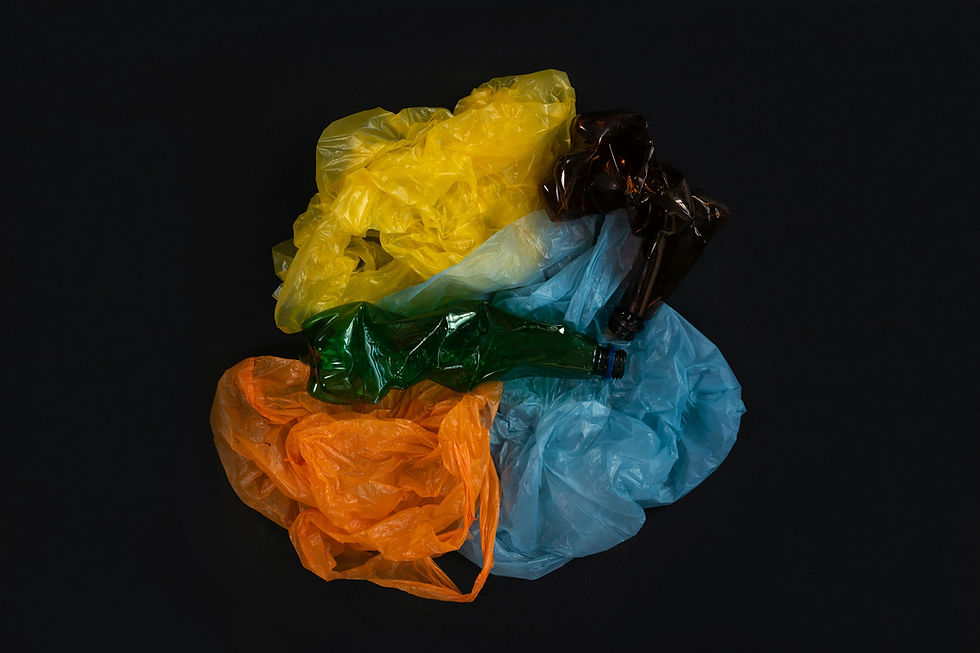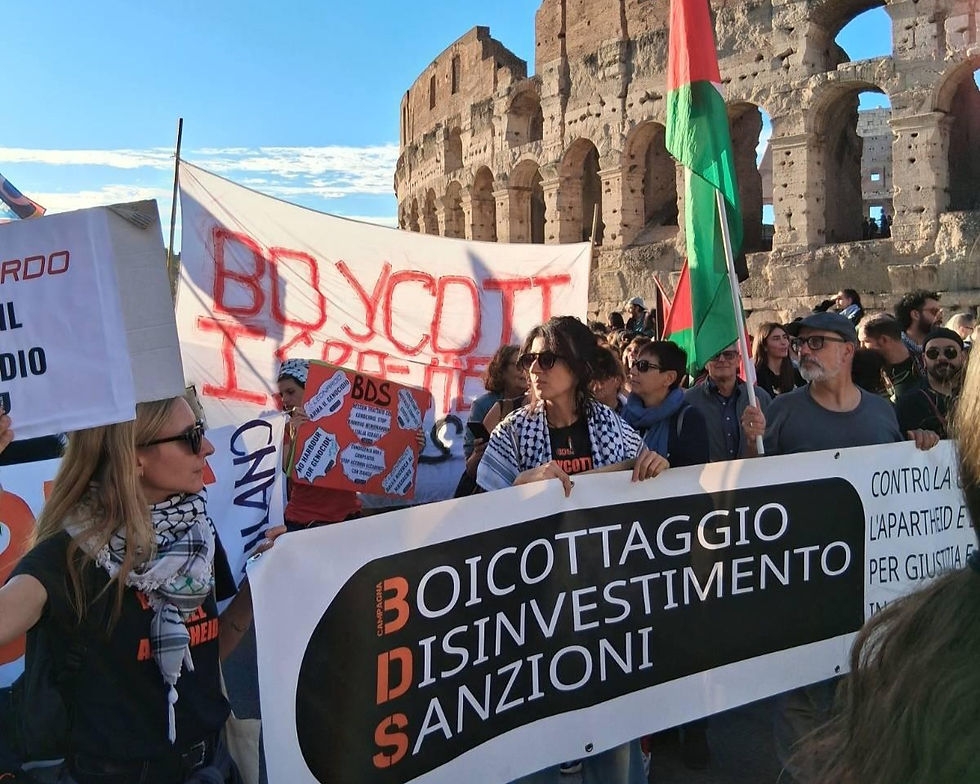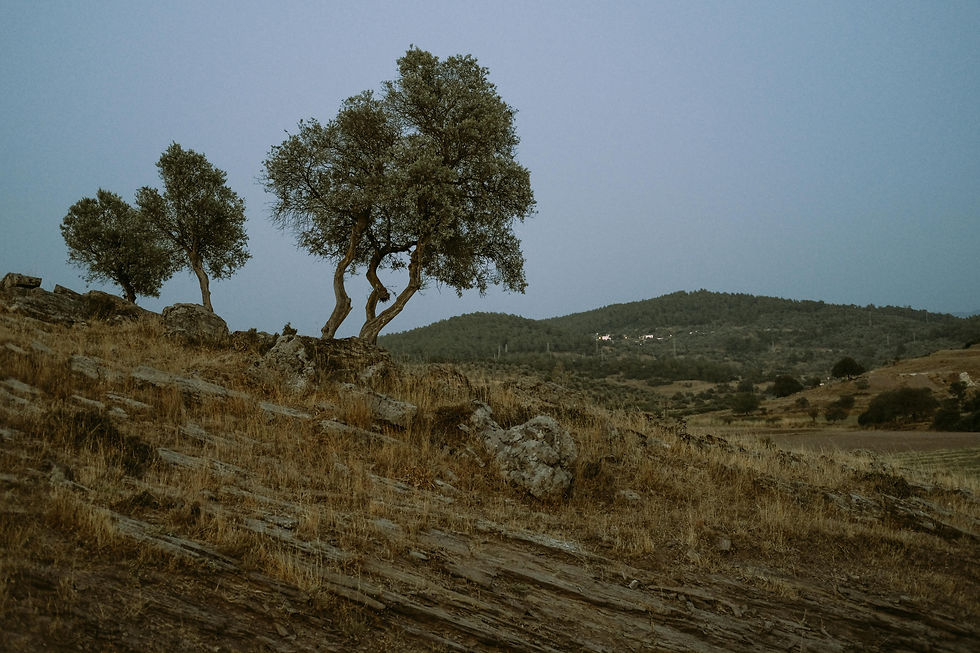See the Unseen: An Individual’s Contribution to Systemic Injustice
- Tajmary Akter

- Aug 19, 2025
- 5 min read

Every morning when I step out of my home to go to the office, without exception, I’m irritated by a common scene around me:
The crumpled water bottle on the road
The plastic bag floating past a school gate
The single-use lunchbox too convenient to replace
The way we carry plastic, like it weighs nothing, because we never see where it goes
It’s about plastic, and it’s about how this small, everyday material has made me rethink what justice means in my daily life. Plastic is no longer a warning. It has become the backdrop. We have stopped questioning it. We have accepted it.
I realize there are countless research reports, articles, and videos showing how plastic harms our health and environment. Yet still, we use plastic boxes, bottles, and utensils without hesitation. At home, I see it, too. My family, like many others, says, “It’s convenient.” And in some ways, it is. It doesn’t break. It’s affordable. It’s everywhere. But my childhood experience was different, and now I ask myself: “How did we get here?” The more I think about it, the more uncomfortable I feel, and I sometimes ask, “Is it worth thinking so deeply on such a seemingly small matter?”
The Illusion of Small Action
I am aware there are bigger, more urgent crises in the world – there are places where human rights are violated every day, where geopolitics overpowers justice, where fossil fuels and industrial agriculture drive the climate emergency. Compared to these, plastic may seem like a minor footnote.
I also recognize that my choice to focus on plastic reflects my own cognitive bias. It feels easier to act on what is right in front of me – what feels manageable – than to confront more complex, abstract systems. But starting with what I can control is not avoidance. It is a step. And that step matters.
The Unseen Cost of Convenience
What matters even more is recognizing that my behavior is not isolated. It is shaped by larger forces – by a system that politicizes convenience. Producers flood the market with cheap plastic products and leave us with hardly any sustainable alternatives. Governments allow this system to thrive without strong regulation. And then, the responsibility is shifted to us, the consumers, to “make better choices” while those profiting remain hidden and unaccountable.
We are told it is our fault for not recycling enough or not carrying reusable bags. But what about the producers and policymakers who enable this business? What about their accountability, their values, and their ethics toward the environment?
In Bangladesh, this contradiction is especially clear. The 2002 Plastic Ban and the 2021 Solid Waste Management Rules focus almost entirely on consumer responsibility, reinforcing the plastic paradox: consumers are blamed while producers remain unaccountable. There are alternatives, like the jute-based Sonali Bag, but government regulations have not adequately supported them. Meanwhile, raw plastic materials are heavily subsidized, making plastic cheaper than sustainable options.
This imbalance is not an accident. It reflects a system that privileges profit over wellbeing, a classic example of how capitalist systems privatize profit and socialize costs. My discomfort deepens the more I learn. Since the 1980s, Bangladesh’s plastics industry has boomed. Today, there are over 5,000 factories, most with no obligation to take responsibility for the waste they create.
And still, I find myself picking up plastic, using it, and enabling the system.
From Personal to Political: Everyday Choices Shaped by Systems
This “everyday plastic culture” is not just an environmental issue. It is an issue of injustice because the consequences are not equally shared. Poorer communities live near dumping grounds. Rivers that once nourished life are now choked. Marine animals die from what we throw away. And the climate crisis worsens as plastic production continues to emit carbon and poison air and water.
Our momentary convenience becomes someone else’s long-term burden.
The more I reflect, the more I see that using plastic is not only about pollution. It is about who gets to choose and who lives with the consequences. My everyday choices contribute to harm. They deny dignity to people who live among uncollected waste or near burning sites. They put low-income communities and waste workers, especially children, pregnant women, and older people, at greater risk. And perhaps most concerning, they reveal how normal it has become for all of us to accept this discrimination and remain silent.
The Pause that Changes My Action
I still struggle. I still sometimes reach for what feels easy. But through an eye-opening and remarkable journey with the Justice Based Approach Foundation Course, I have learned to sit with my discomfort instead of looking away. I pause. I reflect. I resist silence. And I commit, again and again, not just to change my behavior, but to challenge the conditions that make harmful behavior seem like the only option.
Plastic may not be the biggest climate threat. But it shows us something powerful: how harm becomes invisible, how systems shape our habits, and how justice requires us to see clearly and act courageously. This is no longer just about plastic. It is about how power operates quietly through the things we have been taught not to question.
My silence, when I don’t speak up, contributes to the problem. So I have started small:
I replaced plastic containers with glass and steel.
I talk to my children about where plastic ends up.
I stay with the discomfort – not to feel guilty, but to feel awake.
And I am reaching out to my networks to connect the dots between plastic, power, and justice so that advocacy can spill into our conversations, our communities, and our organizing. Because it must hold power to account, demand transparency from producers, and push governments to prioritize wellbeing over profit.
Still, the question remains: Is it enough to hold power holders accountable? I know it is not enough. The insight of everyday activism that fueled me to continue this effort is what I want to commit to. I trust that every action is powerful.
I recognize that justice calls us to move from awareness to brave accountability, from fixing symptoms to dismantling root causes. To build such radical systems, we need collective action that refuses to normalize harm, reclaims agency in a system that benefits from our silence, and stands with others to create alternatives that honor both people and the planet.
I trust and hope to contribute to these changes, step by step, through countless small, everyday actions, knowing that together, they can become something powerful.
Tajmary is a Fellow of United Edge’s Justice Collective and a development professional from Bangladesh. Her work emphasizes social equity, human rights, and justice. She is a proud advocate for the Justice Based Approach to social change.









Comments